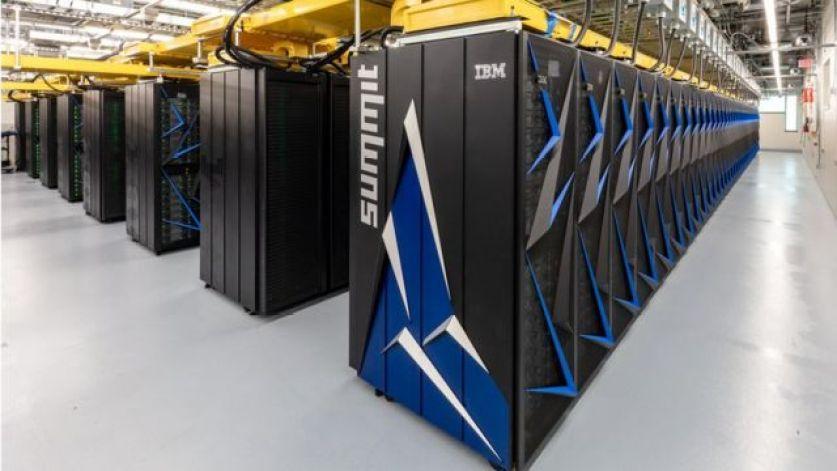
Facebook’s parent company Meta has said it has created what it believes is among the fastest artificial intelligence supercomputers running on Jan. 26.
The computer, which is already up and running but is still being built, is called AI Research Super Cluster (RSC). Meta says it will help its AI researchers build “new and better” artificial intelligence models that can learn from “trillions” of examples and work across hundreds of different languages simultaneously and analyze text, images and video together.
The social media giant said it hopes the machine will help lay the groundwork for its building of the metaverse – a 3D internet where users don virtual reality headsets and sensor equipment to create an immersive experience.
The computer will be the fastest in the world once it is fully built around the middle of the year, Meta said. Supercomputers are extremely fast and powerful machines built to do complex calculations not possible with a regular home computer. Meta did not disclose where the computer is located or how much it is costing to build.
“We hope RSC will help us build entirely new AI systems that can, for example, power real-time voice translations to large groups of people, each speaking a different language, so they can seamlessly collaborate on a research project or play an AR game together,” Meta said in a blog post.
The way Meta is defining the power of its computer is different from how conventional supercomputers are measured because it relies on the performance of graphics-processing chips, which are useful for running “deep learning” algorithms that can understand what’s in an image, analyze text and translate between languages, said Tuomas Sandholm, a computer science professor and co-director of the AI center at Carnegie Mellon University.
“They are going to, for the first time, put their customer data on their AI research computer,” Sandholm said. “That would be a really big change to give AI researchers and algorithms access to all that data.”
Platforms like Facebook and Google have long been criticized for the way they process and utilize the data they take from their users.